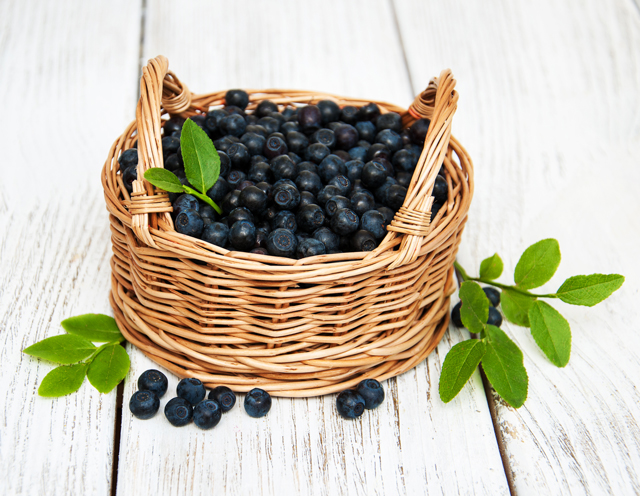Type 2 diabetes can be avoided with the right kind of diet – do you know which one?
06/17/2018 / By Isabelle Z.

If there’s any upside to the devastating prevalence of Type 2 diabetes in modern times, it’s the wealth of research into the disease the epidemic has inspired. There have been plenty of useful findings in recent years, although not all of them have gotten the publicity they deserve, especially those that threaten the profits of pharmaceutical companies and doctors. That’s a tragedy because putting these findings into action could significantly reduce this disease’s impact on people.
For example, a new study published in the journal Diabetologia revealed how the right diet can help people avoid Type 2 diabetes – and it’s probably not what you think. There is plenty of research pointing to a high-sugar diet as being the culprit behind diabetes, and there’s no doubt that avoiding sugar remains crucial if you don’t want to develop the disease. However, this new study shows that antioxidants like flavonoids can play a surprisingly big role in stemming your risk.
This large-scale study looked at 65,000 women aged 40 to 65 over the course of 15 years. The researchers found that those women who consumed the highest amounts of antioxidants had a 27-percent lower risk of Type 2 diabetes, which should be enough to send you scrambling to stock up on antioxidant-rich foods.
This study looked at the effects of an overall antioxidant-rich diet, but past studies that examined individual antioxidants in fruits and vegetables have yielded similar findings. For example, a study from the Harvard School of Public Health revealed that the anthocyanins found in blueberries can significantly lower your risk of Type 2 diabetes. The flavonoids in these fruits promote the uptake of glucose, stimulate insulin production, and help maintain glucose levels in the blood.
100% organic essential oil sets now available for your home and personal care, including Rosemary, Oregano, Eucalyptus, Tea Tree, Clary Sage and more, all 100% organic and laboratory tested for safety. A multitude of uses, from stress reduction to topical first aid. See the complete listing here, and help support this news site.
A study published in the Journal of Nutrition also found that consuming high amounts of flavonoids can protect people against Type 2 diabetes. In that study, the participants who consumed the most anthocyanins were also found to be the least likely to have chronic inflammation that leads not only to diabetes but also cancer, obesity and cardiovascular disease.
Antioxidant-rich foods that can help you keep diabetes at bay
If you’re looking to reduce your chances of getting this deadly disease, which foods should you be focusing on?
You’ll definitely need to cut down on your sugar intake dramatically if avoiding diabetes is your goal, but the good news is that you can consume dark chocolate because the cocoa flavonoid was found in the Journal of Nutrition study to have the biggest impact on reducing inflammation and blood pressure. A small amount of dark chocolate with a cocoa content higher than 75 percent is needed to get the benefits.
The aforementioned Harvard School of Public Health study pointed to blueberries for their high anthocyanin content, but other berries like blackberries, raspberries and cranberries are also good sources. You can also find anthocyanins in grapes, especially concord and muscadine varieties, as well as red wine. Pomegranates, cherries, plums and black currants are all good sources of anthocyanins as well.
Another good source of antioxidants is tea. While many teas, like black and chamomile, contain them, green tea is especially rich in antioxidants. It’s also worth seeking out matcha powder, which is made from young green tea leaves, as it has ten times the antioxidants of green tea and 14 times as many as wild blueberries.
Many people think that avoiding Type 2 diabetes means giving up their favorite foods, but the truth is that keeping the deadly disease at bay can be surprisingly delicious.
Read DiabetesCure.news for more breaking news on beating diabetes.
Sources for this article include:
Tagged Under: anthocyanins, antioxidants, Blueberries, dark chocolate, diabetes, Diets, food, food cures, functional food, Green tea, healing food, nutrients, nutrition, prevent diabetes, prevention, Type 2 Diabetes




















